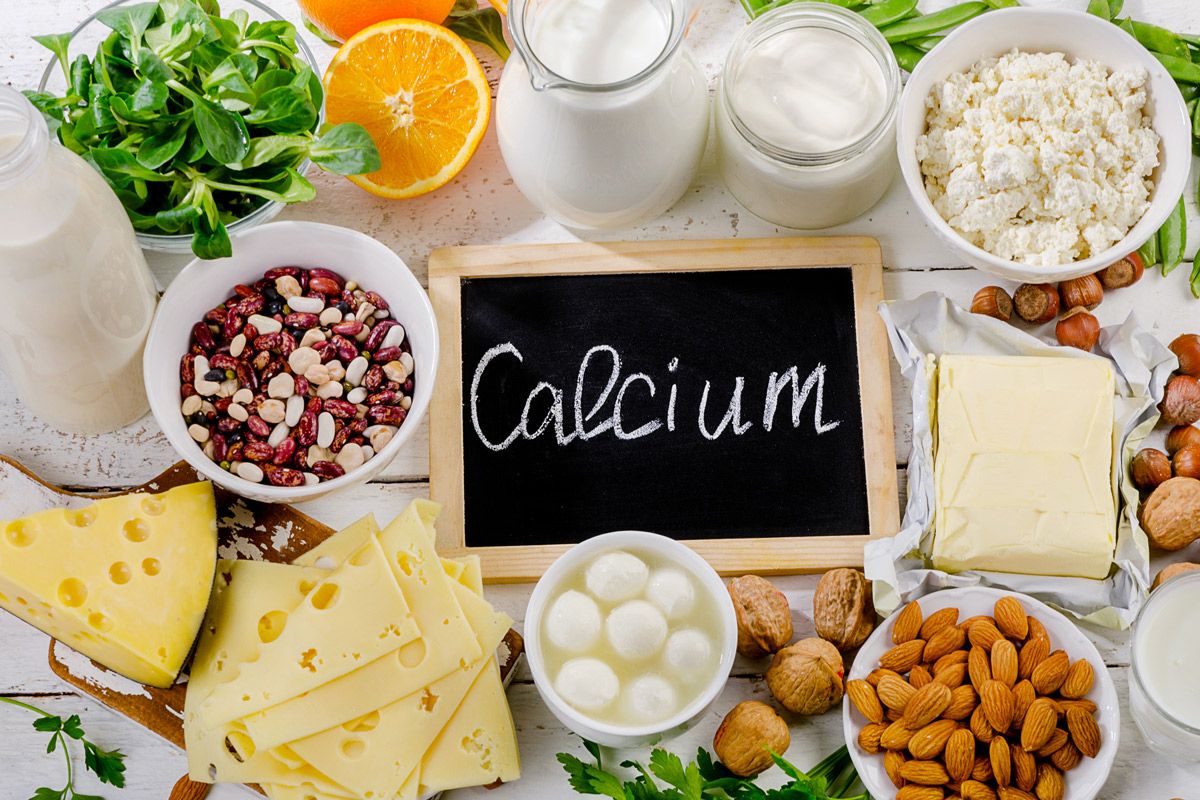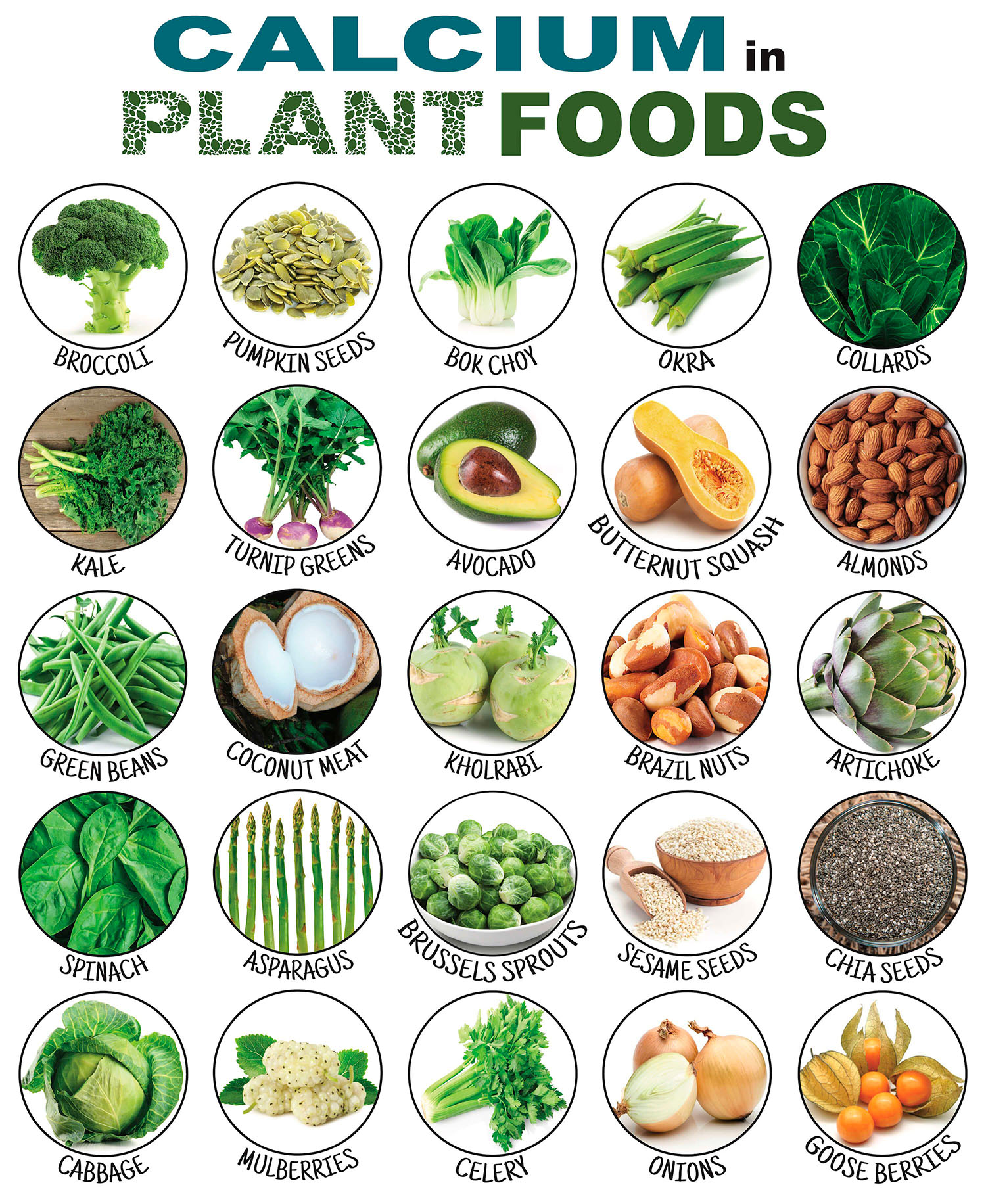
Calcium, Menopause and Osteoporosis
Menopause (the natural ending of periods that usually occurs between the ages of 45 and 55) can increase your risk of developing osteoporosis, a condition in which bones become thin (less dense) and may fracture easily.
The drop in oestrogen levels that occurs around the time of menopause results in increased bone loss. It is estimated that, on average, women lose up to 10 per cent of their bone mass in the first five years after menopause. To reduce your risk of osteoporosis, eat a diet rich in calcium and do regular weight-bearing exercise. These lifestyle habits are best started younger in life to get the most benefit. While prevention is best, medical treatments are available for osteoporosis management.
How important is calcium to our bones?
You will also find information on the changes that happen to bones as women age, the recommended daily calcium intake for women at different ages, the calcium content of different foods and types of calcium supplements.
The importance of calcium
Calcium is one of the essential nutrients necessary for healthy bone development. Bones contain most of our body's calcium, so they act as the body's 'reservoir' of calcium. Calcium is critical for the function of cells in the body and a certain amount of calcium circulates within the blood, with the body maintaining the levels of calcium within a very tight range. Our bodies cannot make calcium, and if blood calcium levels fall, the body will compensate for this by drawing calcium out of bones and putting it into the blood. Calcium is also excreted by the body daily.
This means it is important to have an adequate daily intake of calcium through your diet, so your bone mineral strength is not compromised.

How menopause influences osteoporosis
Women reach peak bone mass around the age of 25 to 30 years, when the skeleton has stopped growing and bones are at their strongest and thickest.
The female hormone, oestrogen, plays an important role in maintaining bone strength. Oestrogen levels drop around the time of menopause, which occurs on average at the age of 50 years, resulting in increased bone loss. If your peak bone mass before menopause is less than ideal, any bone loss that occurs around menopause may result in osteoporosis.
Research suggests that about one in two women over the age of 60 years will experience at least one fracture due to osteoporosis.
READ MORE ON JEANHAILES.ORG.AU
CANBERRA MENOPAUSE CENTRE
Find out how menopause may affect your life and what the Canberra Menopause Centre can do for you.
Based at SHFPACT, the Canberra Menopause Centre is a dedicated service for those seeking information, support and medical management of menopause symptoms. Menopause is the stage of life when periods cease. This occurs when the ovaries are no longer producing eggs, and is a natural life event. Menopause has three stages: perimenopause, menopause and post-menopause.
Anyone can make an appointment to come and see us. You may self-refer to the service or request a referral by your treating GP. We request that you complete a medical information questionnaire prior to attending the initial doctor’s appointment. To ensure that our doctors with a special interest in menopause have the opportunity to discuss your concerns, we offer longer appointments.
MENOPAUSE CLINIC APPOINTMENTS
Book an appointment by calling our clinic during operating hours on 6247 3077.
- Created on .
- Last updated on .